New research reveals that a gene mutation tied to Alzheimer’s disease disrupts the production of exosomes, tiny cellular particles essential for communication between brain cells.
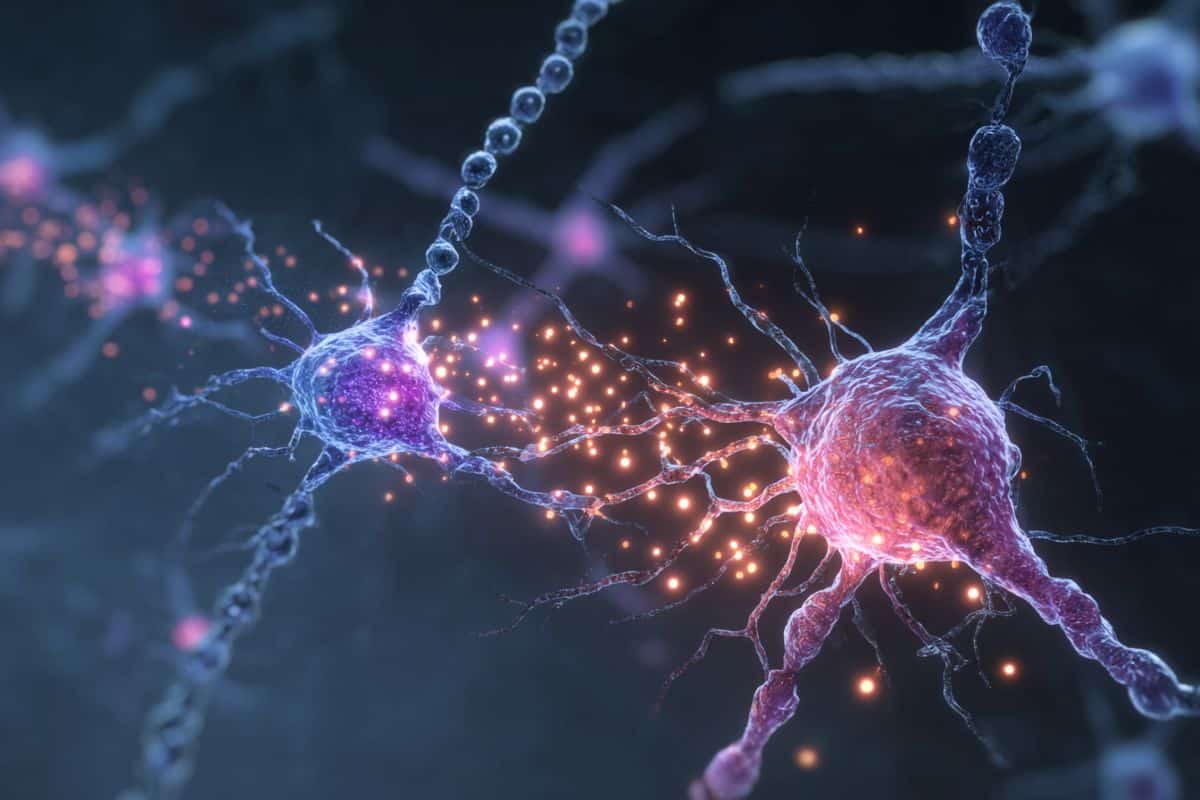


Cannabis use is linked to an almost quadrupling in the risk of developing diabetes, according to an analysis of real-world data from over 4 million adults, being presented at the Annual Meeting of the European Association for the Study of Diabetes (EASD) held in Vienna, Austria (15–19 Sept).
Cannabis use is increasing globally with an estimated 219 million users (4.3% of the global adult population) in 2021, but its long-term metabolic effects remain unknown. While some studies have suggested potential anti-inflammatory or weight management properties, others have raised concerns regarding glucose metabolism and insulin resistance, and the magnitude of the risk of developing diabetes hasn’t been clear.
To strengthen the evidence base, Dr. Ibrahim Kamel from the Boston Medical Center, Massachusetts, U.S. and colleagues analyzed electronic health records from 54 health care organizations (TriNetX Research Network, with centers from across U.S. and Europe) to identify 96,795 outpatients (aged between 18 and 50 years, 52.5% female) with cannabis-related diagnoses (ranging from occasional use to dependence, including cases of intoxication and withdrawal) between 2010 and 2018.
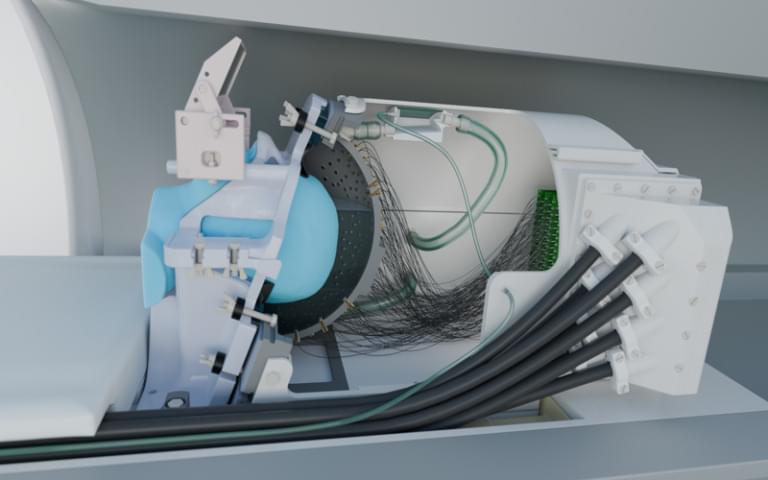

Psilocybin, the active ingredient in magic mushrooms, might just revolutionize how depression and anxiety are treated in cancer patients. In a groundbreaking trial, a single dose combined with therapy significantly reduced emotional suffering, and these effects often lasted over two years. As follow-up studies expand the research to multiple doses and larger samples, scientists are eyeing a possible new standard of care that merges psychedelics with psychological support.
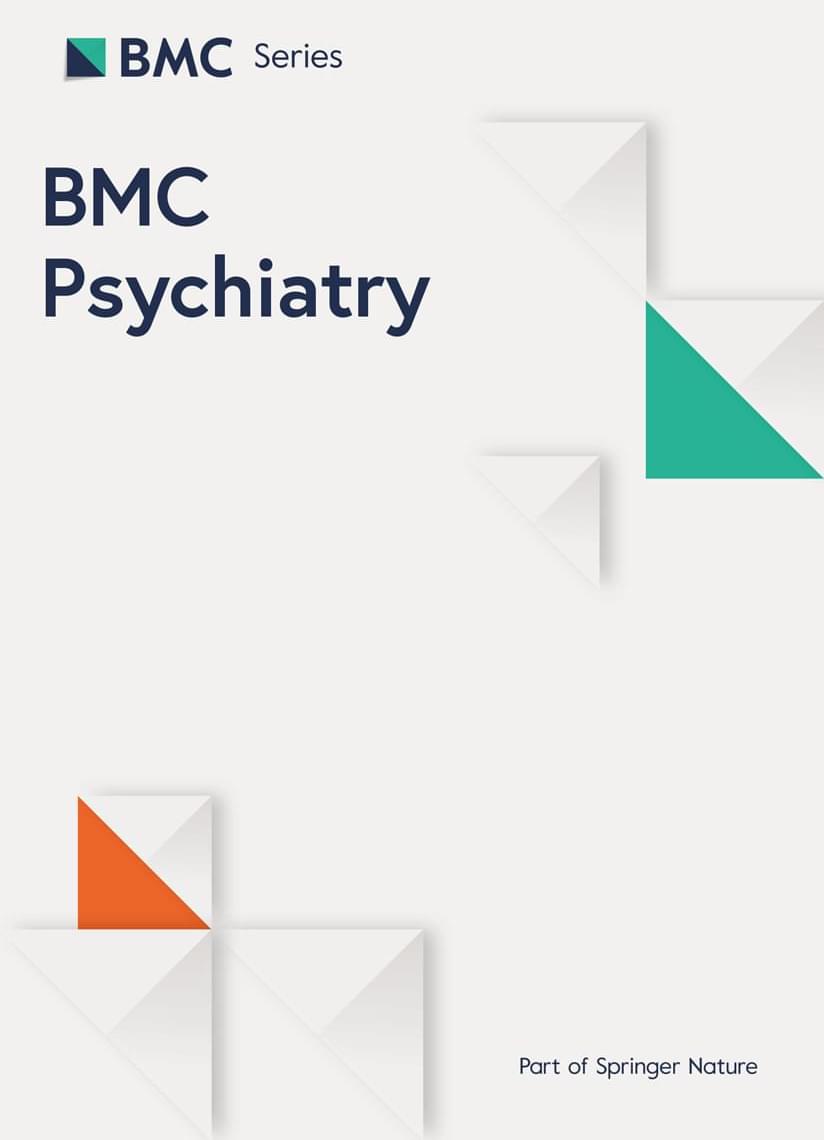
Psychological problems such as depression and anxiety increase the risk of cognitive impairment in older adults. But mechanisms on the effect of psychological disorder on cognitive function is inconclusive. Repetitive negative thinking (RNT) is a core symptom of a number of common psychological disorders and may be a modifiable process shared by many psychological risk factors that contribute to the development of cognitive impairment. RNT may increase the risk of cognitive impairment. However, there are fewer studies related to RNT and cognitive function, and there is a lack of epidemiological studies to explore the relationship between RNT and cognitive function.
A cross-sectional study of 424 older adults aged 60 years or over was performed form May to November 2023 in hospital. To investigate the RNT level by using the Perseverative Thinking Questionnaire (PTQ), and investigate the cognitive function level by using the Montreal Cognitive Assessment Scale (MoCA). Multivariable linear regression and subgroup analyses were used to explore the relationship between RNT and cognitive function.
We categorized the total RNT scores into quartiles. The multivariable linear regression analysis showed that after adjusting for all covariates, the participants in the Q3 and Q4 groups exhibited lower cognition scores (Q3:β =-0.180, 95%CI-2.849~-0.860; Q4:β =-0.164, 95%-2.611~-0.666) compared to the Q1 group. The results of the subgroup analyses showed that individuals aged 60 ~ 79 years, junior high school and above are more prone to suffer from cognitive impairment with a high RNT score.
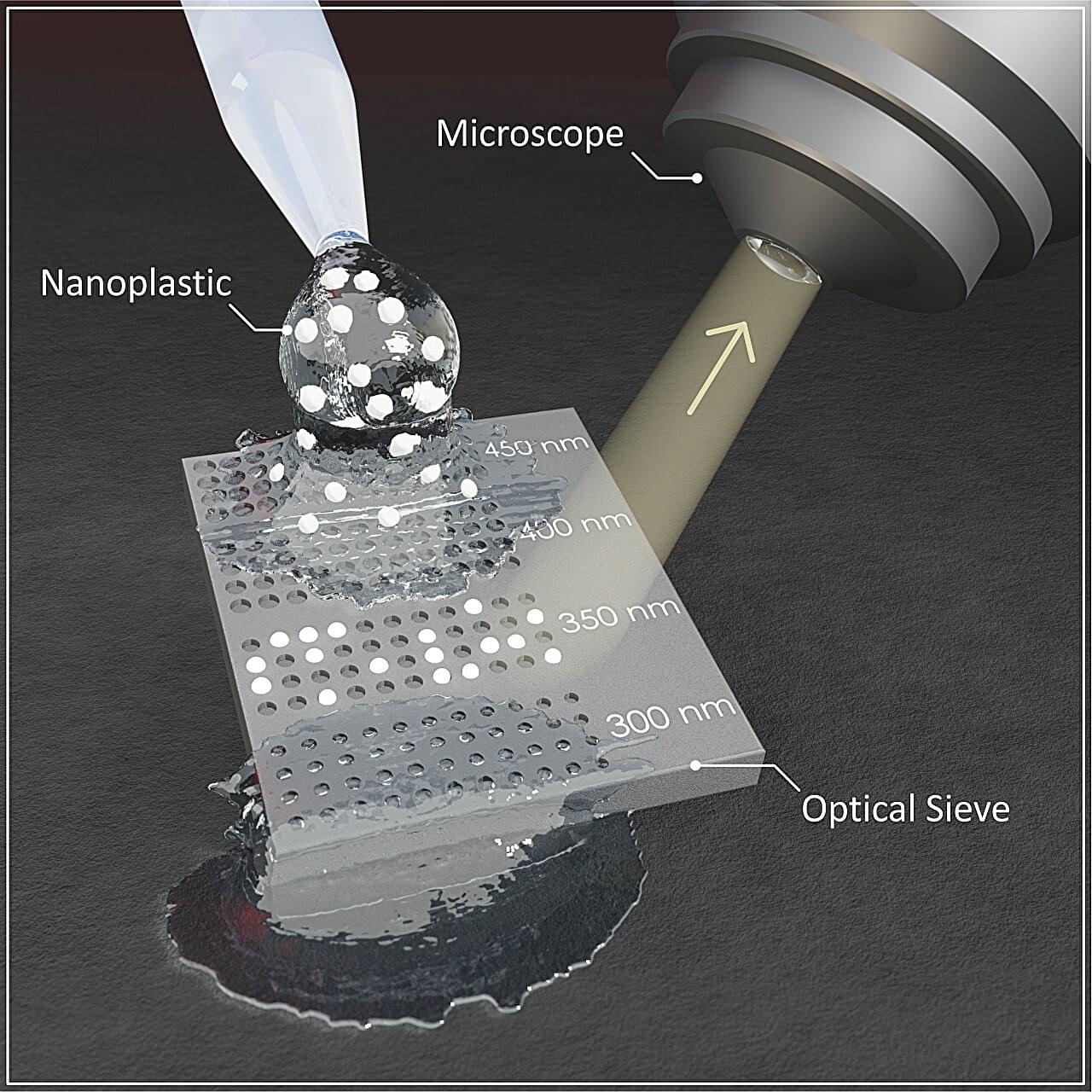
A joint team from the University of Stuttgart in Germany and the University of Melbourne in Australia has developed a new method for the straightforward analysis of tiny nanoplastic particles in environmental samples. One needs only an ordinary optical microscope and a newly developed test strip—the optical sieve. The research results have now been published in Nature Photonics.
“The test strip can serve as a simple analysis tool in environmental and health research,” explains Prof. Harald Giessen, Head of the 4th Physics Institute of the University of Stuttgart. “In the near future, we will be working toward analyzing nanoplastic concentrations directly on site. But our new method could also be used to test blood or tissue for nanoplastic particles.”
Plastic waste is one of the central and acute global problems of the 21st century. It not only pollutes oceans, rivers, and beaches but has also been detected in living organisms in the form of microplastics. Until now, environmental scientists have focused their attention on larger plastic residues.



Maryland-based biotech Galimedix Therapeutics is ready to take a big swing on its oral Alzheimer’s disease candidate after no serious adverse events were reported and the small molecule successfully crossed the blood-brain barrier in a phase 1 trial.
The first-ever clinical trial for GAL-101 tested single and multiple ascending doses of the asset in more than 100 healthy volunteers, Galimedix reported in a Sept. 12 release. The company is now initiating fundraising for a phase 2 trial.
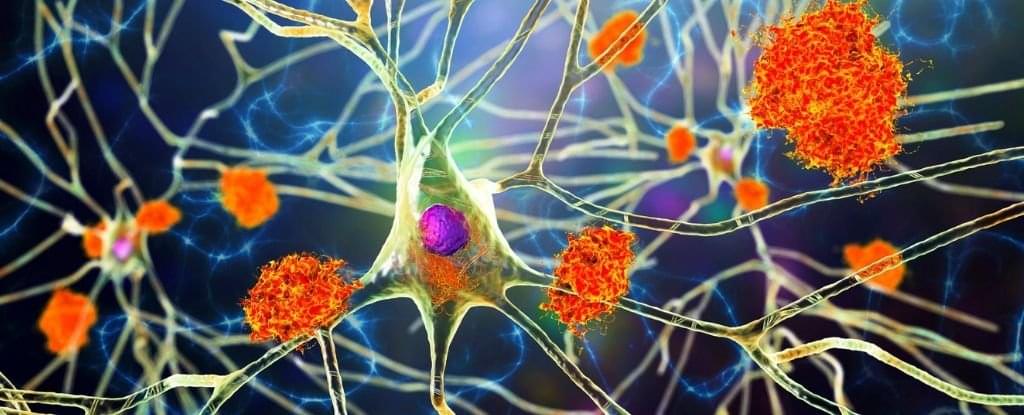
UK researchers on Wednesday announced the trial of a blood test for Alzheimer’s, which it is hoped will transform the diagnosis of the disease.
Researchers at University College London (UCL) will assess whether the test could improve the accuracy of diagnosis from 70 percent to over 90 percent.
Medics say early diagnosis is critical with Alzheimer’s, which is the most common cause of dementia, as the earlier treatment is started, the more effective it is.